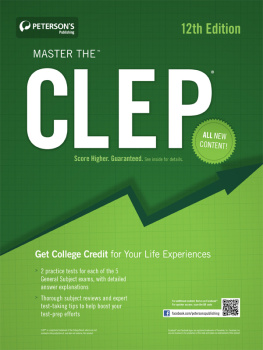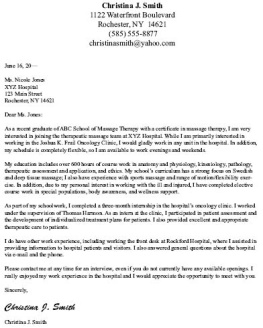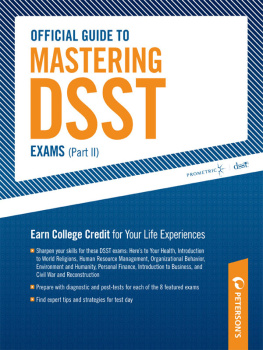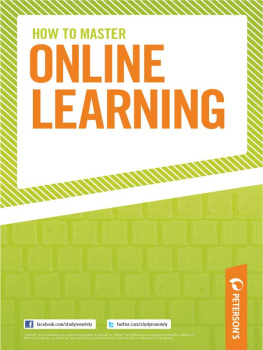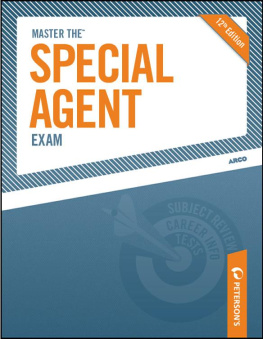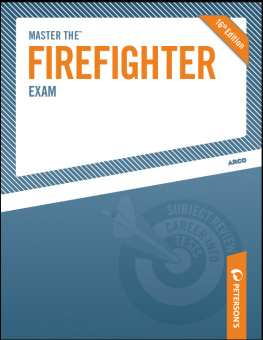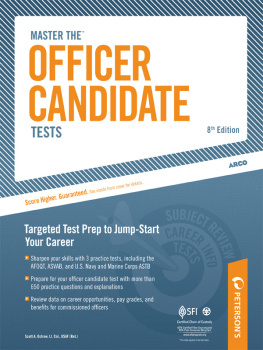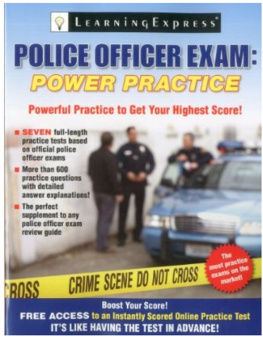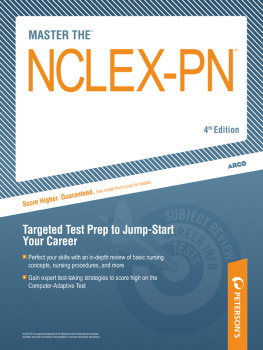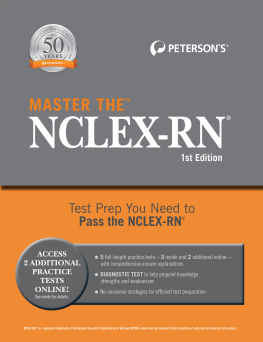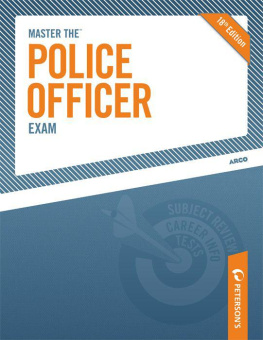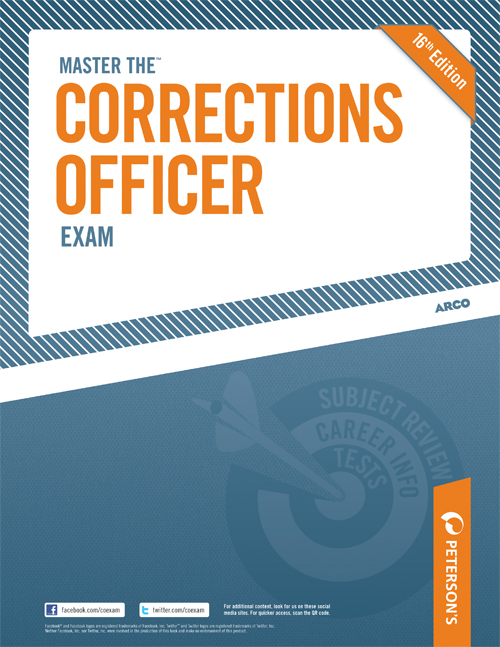Copyright 2010 by Petersons, a Nelnet company
All rights reserved. Except as permitted under the U.S. Copyright Act of 1976, no part of this publication may be reproduced, distributed, or transmitted in any form or by any means, or stored in a database or retrieval system, without the prior written permission of the publisher.
Petersons a Nelnet Company
2000 Lenox Drive,
Lawrenceville, NJ 08648
Visit our website at www.petersons.com
First eBook Edition: September 2010
ISBN: 978-0-7689-3030-6
Getting a Government Job: The Civil Service Handbook
Master the Civil Service Exams
You want to pass this test. Thats why you bought this book. Used correctly, this guide will show you what to expect and provide the most effective review of the subjects you can expect to see on the actual exam. Master the Corrections Officer Exam details the necessary tools you need to make the most of the study time you have:
Top 10 Ways to Raise Your Score gives you a preview of some of the test-taking strategies youll learn in the book.
Correctional Officers Creed, written by Bob Barrington and adopted by the International Association of Correctional Officers (IACO), provides insight into the proper conduct and behavior of a corrections officer.
Part I provides career information about Corrections Officers, along with information about the application and examination processes.
Part II includes six full-length Practice Tests followed by detailed answer explanations.
The Appendixes provide information about the training subjects that are necessary before a Corrections Officer begins to work in any facility, as well as a sample Physical Fitness Course.
Master the Corrections Officer Exam is designed to be as user-friendly as it is complete. To this end, it includes several features to make your preparation much more efficient.
Overview
Each chapter begins with a bulleted overview listing the topics to be covered in the chapter. This will allow you to quickly target the areas in which you are most interested.
Summing It Up
Each chapter ends with a point-by-point summary that captures the most important points contained in the chapter. They are a convenient way to review key points.
As you work your way through the book, keep your eye on the margins to find bonus information and advice. Information can be found in the following forms:
NOTE
Notes highlight critical information about a career as a Corrections Officer and the written exam.
TIP
Tips provide valuable advice for effectively handling the job-search process.
ALERT!
Alerts do just what they sayalert you to common pitfalls or misconceptions.
You have made the decision to pursue a career as a Corrections Officer. Master the Corrections
Officer Exam will prepare you for the steps youll need to take to achieve your goalfrom understanding the nuances of the job to scoring high on the exam. Good luck!
FIND US ON FACEBOOK& FOLLOW US ON TWITTERTM
Join the Corrections Officer conversation on Facebookt and TwitterTM at www.facebook.com/coexam and www.twitter.com/coexam and receive additional test-prep tips and advice. Petersons resources are available to help you do your best on this important examand others in your future.
Petersons publishes a full line of bookstest prep, education exploration, financial aid, and career preparation. Petersons publications can be found at high school guidance offices, college libraries and career centers, and your local bookstore and library. Petersons books are now also available as eBooks.
We welcome any comments or suggestions you may have about this publication. Your feedback will help us make educational dreams possible for youand others like you.
1. Get to the test center early. Make sure you give yourself plenty of extra time to get there, park your car, if necessary, and even grab a cup of coffee before the test.
2. Listen to the test monitors and follow their instructions carefully.
3. Read every word of the instructions. Read every word of every question.
4. Mark your answers by completely darkening the answer space of your choice.
5. Mark only ONE answer for each question, even if you think that more than one answer is correct. You must choose only one. If you mark more than one answer, the scoring machine will record your answer as wrong.
6. If you change your mind, erase completely. Leave no doubt as to which answer you mean.
7. Check often to be sure that the question number matches the answer spacethat you have not skipped a space by mistake.
8. Stay alert. Be careful not to mark a wrong answer just because you were not concentrating.
9. Do not panic. If you cannot finish any part before time is up, do not worry. If you are accurate, you can do well even without finishing. It is even possible to earn a scaled score of 100 without entirely finishing an exam part if you are very accurate. At any rate, do not let your performance on any one part affect your performance on any other part.
10. Check and recheck, time permitting. If you finish any part before time is up, use the remaining time to check that each question is answered in the right space and that there is only one answer for each question. Return to the difficult questions and rethink them.
Bob Barrington
International Association of Correctional Officers (IACO)
To Speak sparingly to act, not to argue to be in authority through personal presence to correct without nagging to speak with the calm voice of certainty to see everything, know what is significant and what not to notice to be neither insensitive to distress nor so distracted by pity as to miss what must elsewhere be seen
To do neither that which is unkind nor self-indulgent in its misplaced charity never to obey the impulse to tongue lash that silent insolence which in times past could receive the lash to be both firm and fair to know I cannot be fair simply by being firm, nor firm simply by being fair
To support the reputations of associates and confront them without anger, should they stand short of professional conduct to reach for knowledge of the continuing mysteries of human motivation to think; always to think to be dependable to be dependable first to my charges and associates, and thereafter to my duty as employee and citizen to keep fit to keep forever alert to listen to what is meant as well as what is said with words and with silence
To expect respect from my charges and my superiors yet never to abuse the one for abuses from the other for eight hours each working day to be an example of the person I could be at all times to acquiesce in no dishonest act to cultivate patience under boredom and calm during confusion to understand the why of every order I take or give
To hold freedom among the highest values though I deny it to those I guard to deny it with dignity that in my example they find no reason to lose their dignity to be prompt to be honest with all who practice deceit that they not find in me excuse for themselves to privately face down my fear that I not signal it to privately cool my anger that I not displace it on others to hold in confidence what I see and hear, which by the telling could harm or humiliate to no good purpose to keep my outside problems outside to leave inside that which should stay inside to do my duty.


